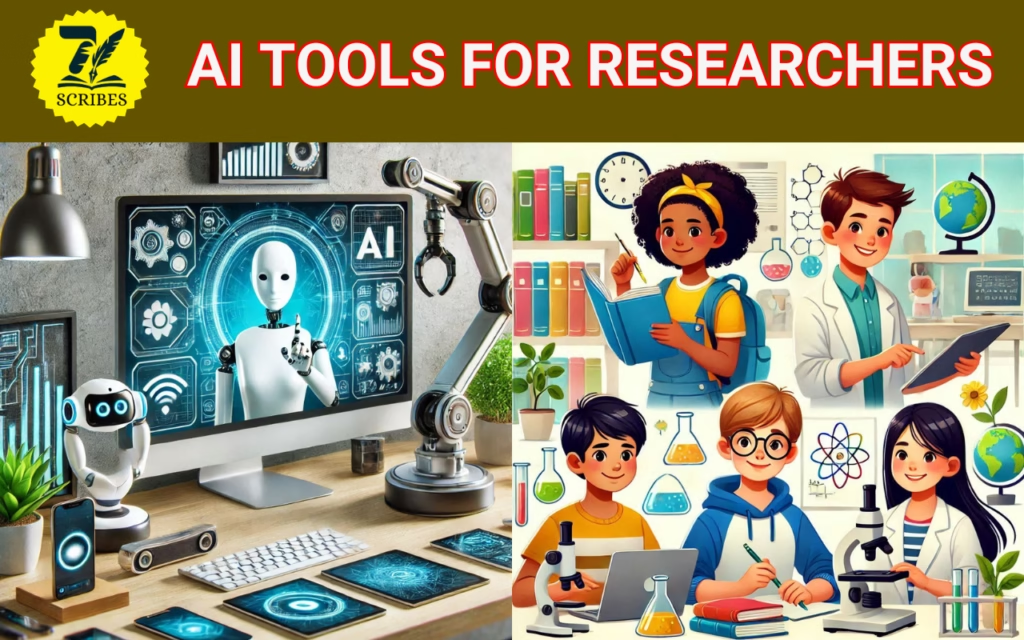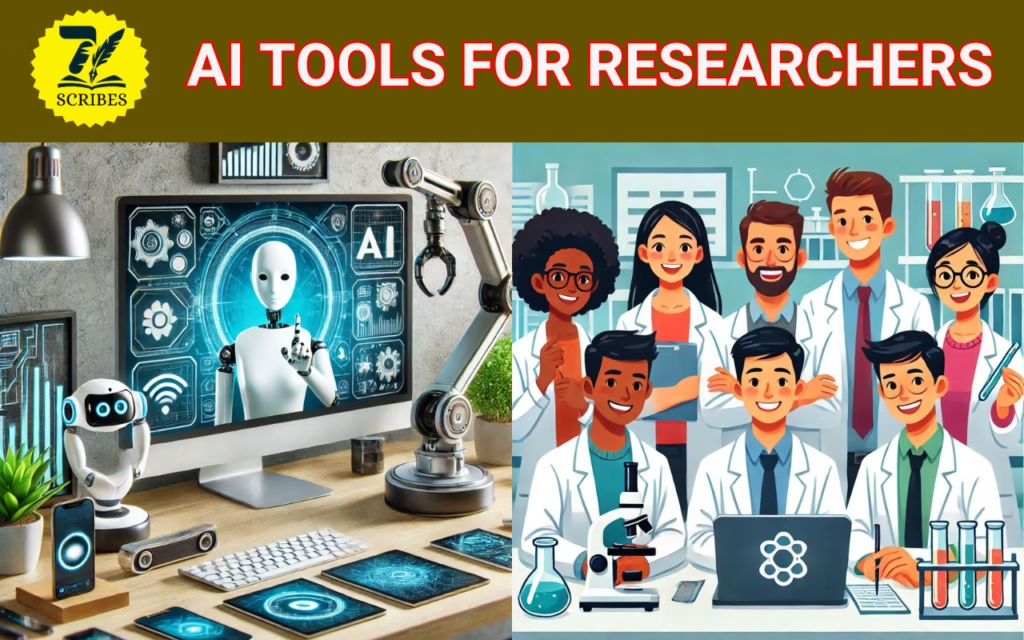When I was doing my research, there weren’t many AI tools available, or at least people didn’t know about them. So, I had to spend a lot of time doing literature surveys, managing my documents, writing the research paper, and getting it plagiarism-checked.
But nowadays, there are so many AI tools available that you can use to make your life easier and produce the best research possible.
Research Rabbit
Research Rabbit is an amazing AI tool that fast-tracks your entire literature review process. It’s almost like a Spotify for research. Just how on Spotify we make a collection of music and then based on our choices, we get recommended similar stuff. Similarly, on Research Rabbit, you can upload your research papers on a particular topic to create a collection of research papers. Based on that, it will recommend more relevant and recent research papers.
In fact, it also shows you a network of research papers. Through that, you can see which are the most heavily cited papers and probably read those. Or you can go into an author and see which research papers they’ve published and choose them to read. In this way, it helps you do a quicker and more effective literature survey. The best part? This tool is absolutely free, and the founders have no intention of making it a paid one. So you can max out on this particular AI tool to do a quality literature survey.
Visit the site by clicking here.

Chat PDF
Chat PDF allows you to chat with the PDF and get your questions answered. It’s very similar to Chat GPT. In Chat GPT, if you ask it a question, it will search the entire web and give you an answer. In the case of Chat PDF, if you ask it a question, it will search the entire PDF that you’ve uploaded and try to answer it.
This is very useful when you are new to a particular research field. When you try to read a research paper, you might not understand it completely either because it has a lot of technical terms or the language used is very complex. In that case, Chat PDF can be really useful. You can ask it questions to understand what’s written in the research paper. It can also summarize the research paper for you in simple words. The best part? This tool is also completely free.
Click here to visit ChatPDF.
Read the following article to learn more AI tools for different purposes.
Top 5 Free AI Image Generator Tools
Top 9 Best AI Tools to Automate Your Day
The 8 Best AI Tools for Graphic Designers to Boost Creativity
Trinka
Trinka is slightly more than just a grammar or spelling correction tool. It has been designed specifically with academic writing in mind. It catches tricky mistakes in technical and scientific writing and corrects your sentence structure, tone, language usage, and style.
Trinka has other features like plagiarism check, citation check, and journal finder. When I uploaded my already published manuscript, it identified up to 200 small mistakes. There are two plans available in Trinka: one is the free plan, and another is the paid plan. Under the free plan, you can get your document corrected for up to 5000 words, which is pretty decent.
Visit Trinka from here.
Consensus
Consensus is like marrying Google Search with Google’s Scholar. It is a search engine that uses AI to extract data and give you findings directly from scientific research. If you ask a question to Consensus, it will go through all the peer-reviewed journals and give you an answer.
When you ask the same question to Google, it will show you a lot of blogs, articles, and even sponsored ads, which are written by marketing teams of different organizations. You can’t be sure that the answer you’re getting is true. The answer you get from Consensus is based on scientific evidence. This can help you get answers to questions you’re confused about, understand the topic completely, or make sure your research is on the right track. And yes, this is also free.
Visit the site by clicking the below button.

Plag.ai
Plag.ai is the first AI-driven plagiarism checker, which has a repository of billions of articles and does a thorough check for your report. It does a real-time check, meaning even if an article was published online 10 minutes ago, your document would be compared against that for a plagiarism check.
Instead of using random plagiarism checkers online, you might as well run your document through Plag.ai for a plagiarism check for free. If you’re going for a conference or journal publication, I recommend using the paid version for a wider database and comparison with scholarly articles. In less than 10 dollars, you can get all of this done.
Visit the website by clicking here.
Conclusion
For your research, you can use Research Rabbit to look for new papers and manage your literature. Use Consensus to clarify topics and Chat PDF to understand or summarize research papers. Trinka can check spelling and grammar in your research paper, and Pledge.ai can check for plagiarism. This will speed up your research process and help you publish more papers.
If you want to learn how to write a research paper from scratch, you can join my research paper writing course. No AI tool can teach you that yet. The link is in the description and the pinned comment.
Thank you for watching, and I wish you a fantastic career ahead.
FAQs
Q#01: Are these AI tools free to use?
Many of these AI tools, such as Research Rabbit, Chat PDF, Consensus, and Trinka (with limitations), offer free versions. Pledge.ai provides free checks but also offers a paid version for more extensive comparisons.
Q#02: Can these AI tools speed up the research process?
Yes, these AI tools can significantly speed up the research process by automating tasks such as literature reviews, document interaction, grammar checks, data extraction, and plagiarism detection.
Q#03: How can I learn to write a research paper from scratch?
You can join specialized courses, such as the one mentioned in the post, which teaches how to write a research paper from scratch. AI tools can assist but do not replace the need for learning fundamental research and writing skills.
Q#04: Why should researchers use AI tools?
Researchers should use AI tools to enhance productivity, streamline workflows, improve the quality of their writing, and ensure their research is free of errors and plagiarism. These tools also help in staying updated with the latest research trends.
Q#05: How does Consensus differ from Google Search for researchers?
Consensus is a search engine that extracts data from scientific research to provide answers directly from peer-reviewed journals. Unlike Google Search, which might show blogs or sponsored content, Consensus offers scientifically backed responses.